Many confined to their rooms and forbidden visits in effort to contain coronavirus outbreak
Having been confined to their rooms and forbidden visits from loved ones, care home residents seem to be giving up on life and “fading away”, say staff and families.
Most care homes have been locked down since March, with residents isolated in their bedrooms behind closed doors. Many are denied visits from their families, even to see them through their windows.
“The virus won’t be the killer of these people, it’s the distress and fear of not seeing family that is doing it,” said one carer who asked to remain anonymous but has reported her concerns to the Care Inspectorate in Scotland.
Residents at most care homes are no longer mixing with each other and have halted, or drastically reduced, all activities, exercise and therapies. The homes have tried to keep residents in contact with their loved ones through the telephone or online. However, 80% of care home residents have dementia, preventing many from using technology.
“Residents who were giggling, happy and active before the crisis now just lie in their beds or sit alone in their rooms with their doors closed,” added the carer. “Many now barely respond when you speak to them.
“Some shout for their friends and family. Others have given up entirely and are fading away.”
Martin Green, CEO of Care England, said there were no easy choices for care homes during the pandemic.
“It is very upsetting but the reality is that it’s a stark choice between not seeing your loved one for a while or not seeing them at all, because they’ve died,” he said.
More than 22,000 care home residents in England and Wales may have died as a direct or indirect result of Covid-19. Green said: “Homes are having to quarantine their residents to prevent that death rate growing even higher. It’s necessary because explaining to someone with dementia why they have to maintain social distancing from other residents is impossible.
“Care homes have received no guidance other than that which has been given to the general public about how to care for residents. They’re doing their absolute best and I have spoken with many families who understand that and deeply appreciate their efforts.”
Care homes have been running with 10% to 20% staff absence rates. A second carer said because of staff sickness in her home, she has to get residents out of bed in the mornings, washed and fed in10 to 12 minutes.
“After breakfast, I only have time to deliver residents their meals and medicine in their rooms and leave. Some residents beg me to sit with them but I don’t have time. It breaks my heart.”
Kate Holt removed Shirley, her 84-year-old mother, who has Alzheimer’s, from her care home in Cumbria. The same week, 11 people died in the home from Covid-19. Six more have since died.
“I was so shocked by mum’s condition,” said Holt, a photojournalist who has worked for the Guardian. “Mum had been isolated in her room for three weeks. She could barely walk, she was not engaging with me, had pressure sores and a urinary tract infection.
“It’s taken a month but she’s now walking, chatting and feeding herself again.”
Sue has been trying to get her mother out of her care home since the lockdown started in March. “We try to Skype with her daily but she doesn’t understand it. She barely recognises me any more.”
“I feel that she is going to die and she’ll go to her grave not seeing her family or feeling our love.
“I understand that the care homes are keeping the vulnerable safe but what’s better: quality or quantity of life?”
Nadra Ahmed, the chair of the National Care Association, said: “Care homes are making every effort to create a new reality but that reality can’t be like the old, ‘open doors’ one. Their primary responsibility is to keep residents safe from the virus and if there are shortcomings in their efforts, it’s not by design.”
A Department of Health and Social Care spokesperson said: “We understand that limiting visits to care homes is difficult for many families and residents who want to see their loved ones and every decision we take has public safety at its heart.”
US, foreign attorneys call on Biden to halt arms sales to Israel: Report
Yemen warns US against new aggression targeting its security
UNRWA says 182 staff members killed in Israeli hostilities in Gaza
Russia shoots down 6 US-made ATACMS missiles launched by Ukraine
Anti-Israel protests in US: UN rights chief ‘troubled’ by police brutality
Netanyahu vows to invade Rafah ‘with or without ceasefire deal’
April 29: ‘Axis of Resistance’ operations against Israeli occupation
Expo 2024: Iran’s door to international markets


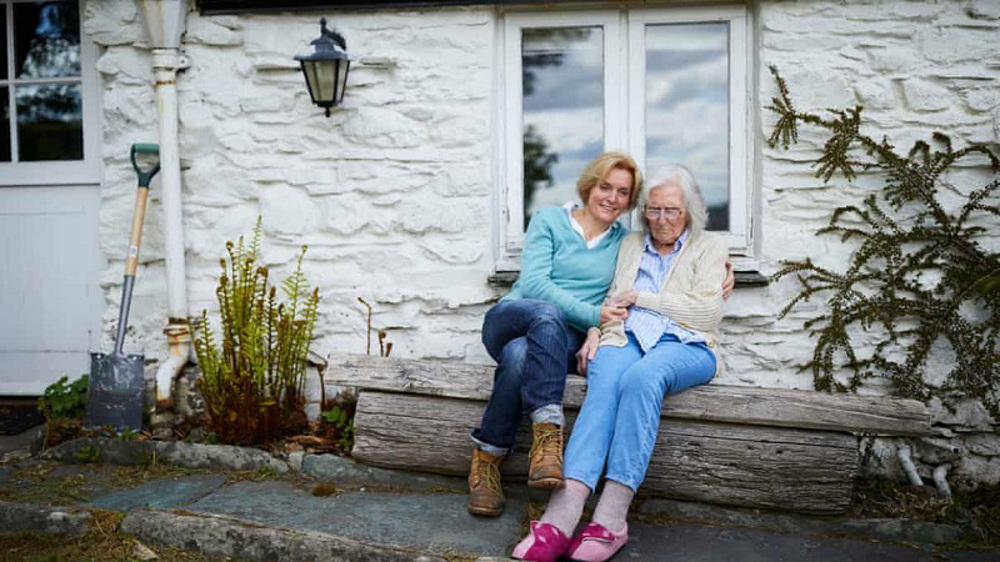




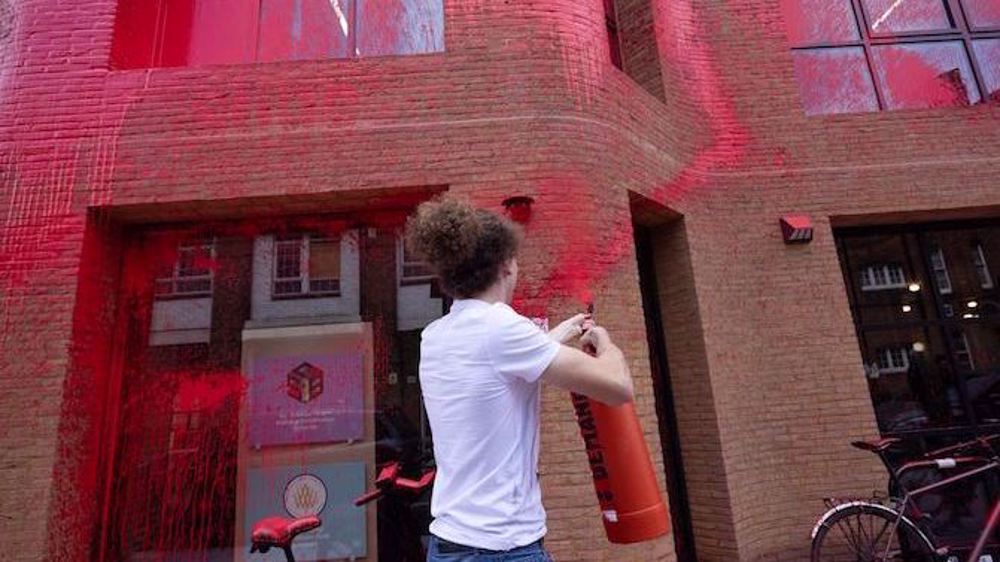



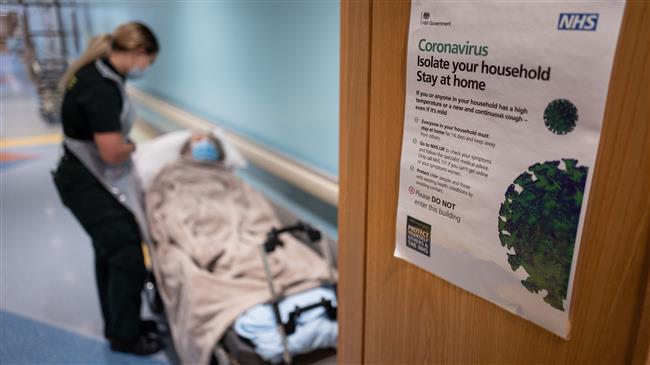
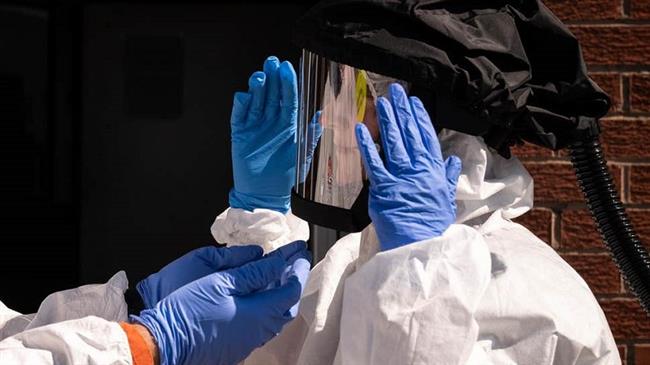
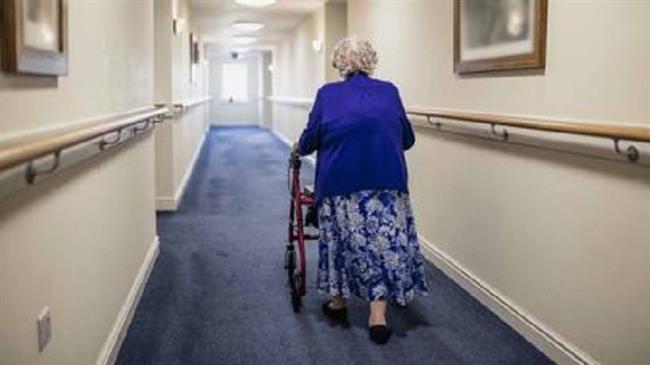
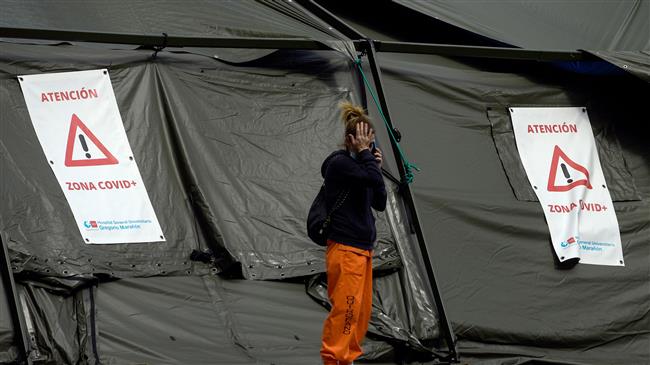
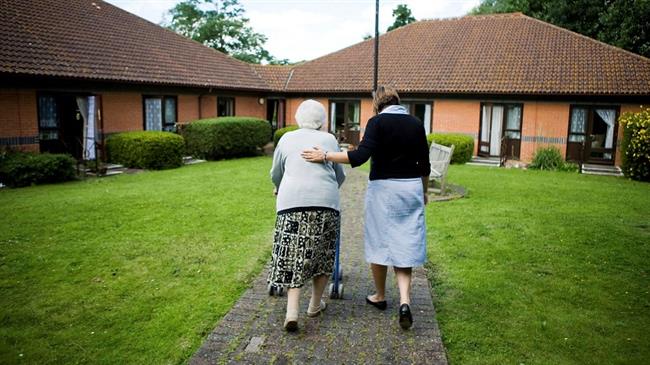

 This makes it easy to access the Press TV website
This makes it easy to access the Press TV website